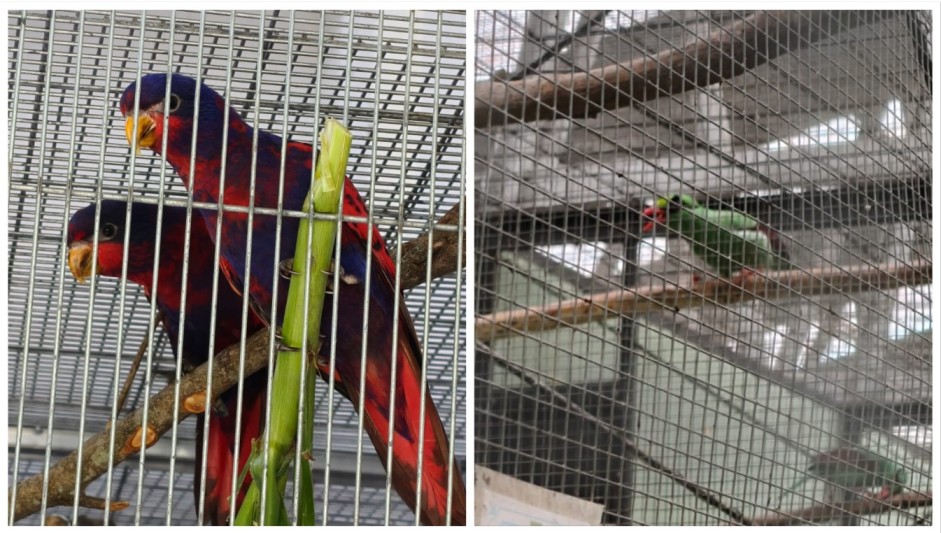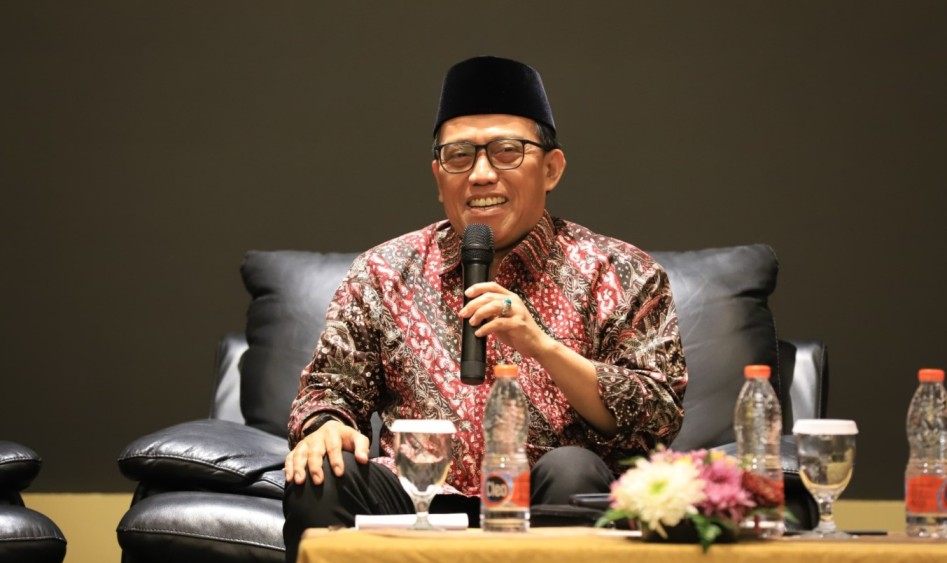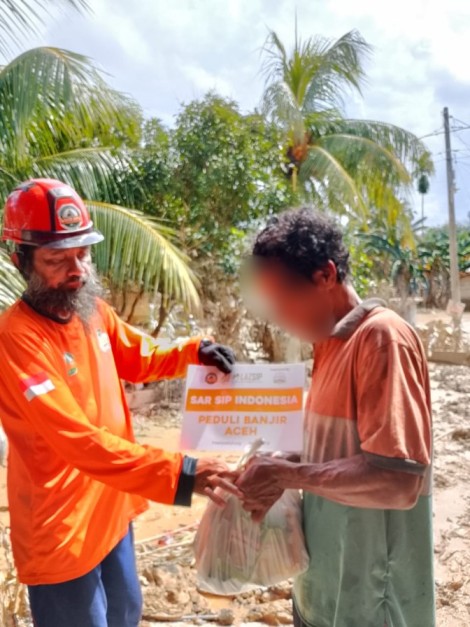Fishermen in Indonesia’s Paloh Sambas district receive salt house

Indonesia’s Islamic organization, Muhammadiyah, and the country’s Ministry of Maritime Affairs and Fisheries have collaborated in building a salt house facility for Paloh Sambas district’s fishermen.
Jakarta (Indonesia Windows) – Indonesia’s Islamic organization, Muhammadiyah, and the country’s Ministry of Maritime Affairs and Fisheries have collaborated in building a salt house facility for Paloh Sambas district’s fishermen in the midst of a plan to ban salt imports.
“The handover of Rumah Garam (salt house) from the Directorate General of Marine and Marine Spatial Management at the Ministry of Marine Affairs and Fisheries to the Kampak Indah fishermen group has recently been held,” the Chairperson of the Center for Border and Coastal Studies of the University of Muhammadiyah (UM) Jakarta, DR Endang Rudiatin, said here on Saturday.
Munandar, a team technical leader who represented the ministry’s Marine Affairs Directorate, handed over the facility to Nedi Jaini, the head of the fishermen’s group.
The handover ceremony was witnessed by local representatives and Wibowo from the Indonesian Coastal, Marine and Border Studies Consortium.
The consortium is an institution consisting of four Muhammadiyah Aisyiyah Universities (PTMA), UM Jakarta (the capital city), UM Pontianak (in West Kalimantan province), Instekmu Tarakan (North Kalimantan province) and UM Kupang (East Nusa Tenggara province).
The number of the universities is likely to increase again. The consortium, which was launched on September 7, 2023 by the General Secretary of Muhammadiyah Central Committee, Prof. Abdul Mu’ti, is expected to accompany the fishermen in the management of the salt house to be sustainable.
The fishermen assistance from 2020 to 2024 was initially carried out by the Center for Border and Coastal Studies (PSPP) of the University of Muhammadiyah Jakarta, as the initiator of the formation of the consortium.
Furthermore, Endang said that the next fishermen assistance will be assigned to the consortium to expand the network of universities in participating in helping improve community welfare as part of the obligation of Catur Dharma PTMA.
Chairman of the Muhammadyah Central Higher Education Council, Prof. Bambang Setiaji, welcomed this activity, and prepared to continue this cooperation under the coordination of the Higher Education Council.
Endang hopes that the presence of the salt house in Kampak Indah can help the salt needs of 26 jellyfish factories and hopes that salt houses can also be built in Temajuk village, which has 20 jellyfish factories. The refineries are located along the coast of Paloh.
“Salt is also needed for the management of other marine products,” Endang said.
Every year, Sambas fishermen, especially on Kampak Indah beach, experience a jellyfish season from March to May. Along the Paloh beach from Temajuk village to Sebubus would be flooded with jellyfish. The need for salt in processing jellyfish into ‘salted jellyfish’ is about 50 tons per refinery.
Reporting by Indonesia Window

.jpg)








